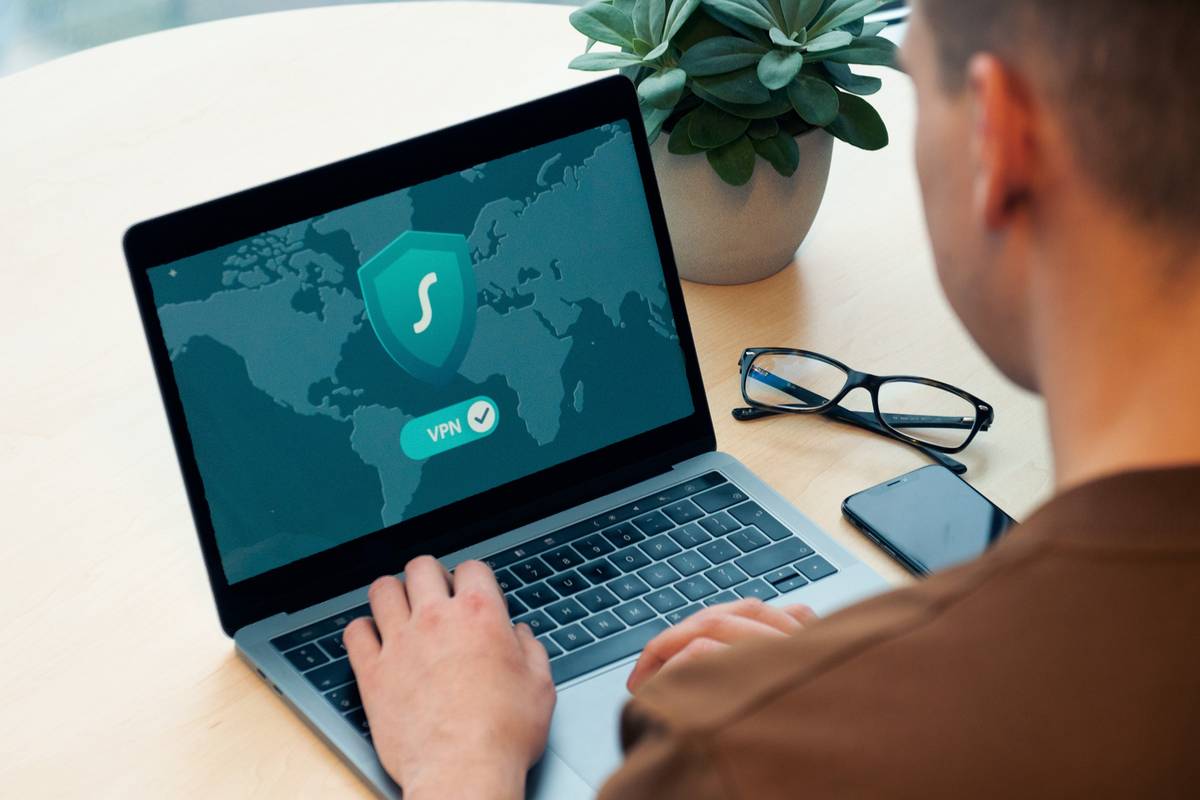A security system is only as strong as its weakest link, and in many connected systems, the weak link lies in the mobile device. If your phone has an easy-to-guess passcode (or worse, no passcode at all), anyone that gets their hands on it can unlock your smart lock, if you have no further protections. On Tuesday, August 24, August and Yale announced a plan to add an optional, additional layer of security to its smart systems through biometric verification using the built-in tools on your smartphone.
Users that opt in to this “Secure Remote Access” feature will need to provide their fingerprint or submit to facial recognition before they are able to unlock or lock their doors remotely. This means that even if someone gets their hands on your mobile device, they won’t be able to use it to gain access to your home.
For now, this feature is only available to those locking or unlocking their doors through Wi-Fi or mobile data, which means it only works for customers with an August Wi-Fi Smart Lock or a Connect Wi-Fi Bridge. This feature will not be supported by smart locks accessed through Bluetooth. However, August and Yale say this restriction is “at this time,” which hints that further compatibility may be available in the future.
The “Secure Remote Access” feature only kicks in when locking or unlocking the door, not when viewing the lock status. You can check the app without needing additional input, and the feature is entirely optional. If you don’t wish to participate, you can opt out.
In addition to this, August and Yale will be adding another feature called “Hide Entry Codes” that masks any entry codes within the app. Users will only be able to see the codes after they pass authentication, which provides even further security for anyone that uses a Yale or August keypad. The “Hide Entry Codes” feature complements the “Secure Remote Access” feature by restricting unauthorized users from accessing the next, logical point of entry: the passcode.
The risk of someone gaining access to your home through your smartphone has been a point of concern for many people. With these new changes, August and Yale have taken much-needed steps to better secure their connected smart devices without creating unnecessarily obtuse barriers to entry.
Editors’ Recommendations











/https://specials-images.forbesimg.com/imageserve/5f86f8c38dca0e07dd09dc5e/0x0.jpg)
